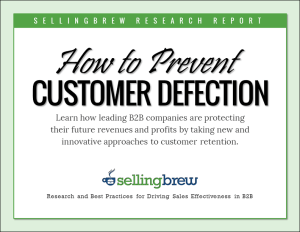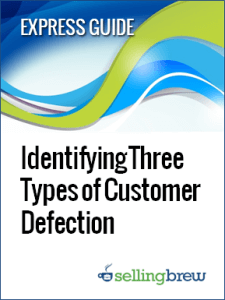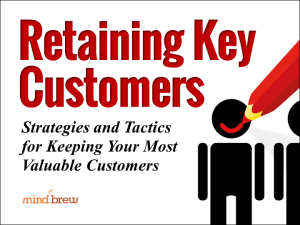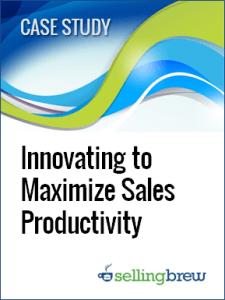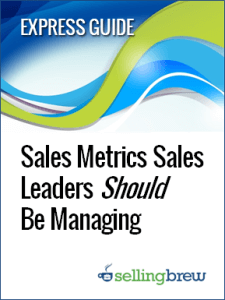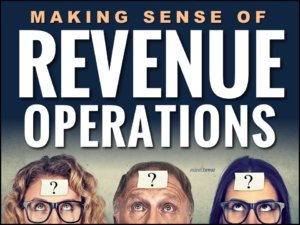I live less than half a mile from a particular grocery store. It’s not my favorite grocery store. I don’t do my full weekly shopping there because it’s kind of expensive, and it doesn’t carry the brands I prefer. But when I run out of something that I need urgently—an event that seems to happen at least a couple of times per week—I run over to this grocery store. (And yes, because it is so close, sometimes I do literally run.)
From this grocery store’s perspective, I probably look like a loyal customer. After all, I am in there two or three times a week buying milk, butter, dishwasher soap, trash bags, or maybe a bottle of wine. I even have a loyalty card.
But the truth is, I only go to this store because it is convenient.
If another store were to become more convenient, say it opened up just half a block closer to my house, I would happily switch. In fact, if a less expensive store opened up nearby, I would probably start going there for my “emergency” purchases, even if it were a little bit farther away than the first store.
The same sort of thing happens in the B2B world. Sometimes customers who look very loyal are really just sticking with a particular vendor because it’s convenient. Setting up a new supplier would require some paperwork, and that takes time. Plus, switching to a new vendor carries a certain amount of risk. Buying from you is easy. So they continue to buy from you.
Until something easier or more convenient comes along, that is.
If a competitor can minimize the risk and inconvenience associated with trying out a new vendor, your customers may give them a try. And if your customers are happy with the products and services they receive from the new vendor, they may start shifting more of their purchases to the new supplier.
At this point, some of you reading this blog post are pretty sure that it doesn’t apply to you. After all, you conduct customer satisfaction surveys regularly. And those surveys show your customers love you. They check “highly satisfied” and rate you a 10 out of 10. You have long-standing relationships with your customers, and you would know if something were wrong.
Before you get too cocky, you should know that research shows customers often indicate that they are “satisfied” or even “very satisfied” right before they defect to a competitor.
It’s not clear why this happens. Maybe they don’t want to hurt your feelings. Maybe they think you will increase their price if they say they are dissatisfied. Maybe they didn’t know they were unhappy with your products until they saw what your competitor had to offer.
The reason doesn’t matter—the important point is that you can’t trust your customers to tell you how loyal they are.
But what you can trust is their actions.
Your customers are signaling how they feel about your company every time they make a purchase. Buried in your transaction data are the hidden signs that customers might be ready to defect.
How do you spot those signs? We have several resources that explain how to figure out who might be at risk for defection and, more importantly, what you should do about it. Check out the report How to Prevent Customer Defection, the guide to Identifying Three Types of Customer Defection, and/or the webinar How to Retain Your Key Customers. These tools can help you learn how to tell if your customers are truly loyal and how to keep them buying from you over the long term.

